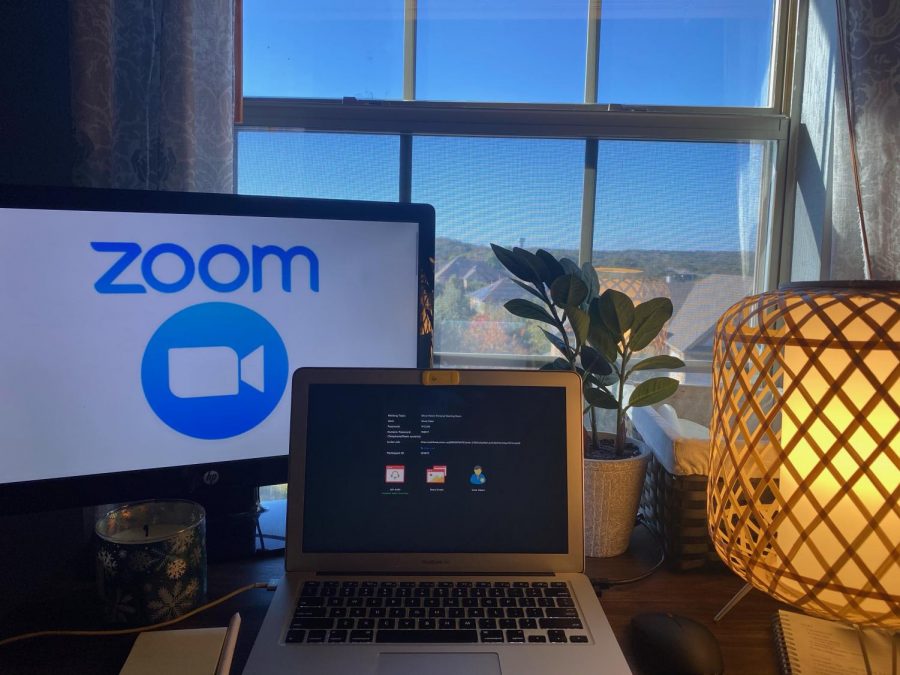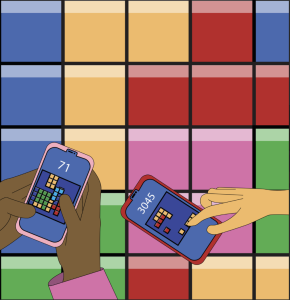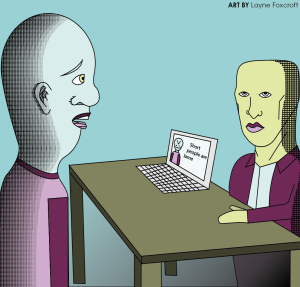Zoom etiquette and why it’s important
As we all have gotten accustomed to online learning, specifically synchronous classes over zoom, it’s become a top priority to understand the etiquette, or the proper way to act, of online learning.
December 24, 2020
As we all have gotten accustomed to online learning, specifically synchronous classes over zoom, it’s become a top priority to understand the etiquette, or the proper way to act, of online learning.
It’s very important to follow these rules to not only show respect to each other but also to make online learning closer to what it would be like in-person.
Among these rules is the one that is most frequently broken, least enforced, and most encouraged: using your video-call camera during zoom classes.
While it is technically required for students to use their cameras during zoom calls, very few teachers use their power to enforce this. This means that in many classes at least one student won’t have their camera on, and it’s often much more.
It’s understandable why some students may not want to use their cameras, like if you have issues with self-image or social anxiety, or if you’re just having a bad hair day, choosing to turn your camera on can be very difficult.
However, doing so makes the zoom call that much more like in-person learning, which is the ultimate goal for online education.
It also improves the quality and enjoyment of the lesson provided. When a teacher can see the students and their reactions, they can change their lessons and instructions to fit the students’ needs.
Sometimes, you don’t even have a choice whether to use your camera or not. Technology is unpredictable, wi-fi can go down, cords can snap, and Chromebooks can simply break.
In case of any of these events, communication with your teacher is key. Send them an email beforehand, or a private message at the start of a zoom meeting letting them know your issue.
The importance of communication is another piece of etiquette and extends to all topics and issues in our new learning environment. Asking teachers questions, and filling them in on your issues is very important to not only your success, but theirs as well.
Teachers will often have great advice for you, and if not, they can point you in the direction of someone who does.
Most other requirements for respectful online learning are just common sense, and don’t need explanation: Don’t insult people, talk over others, or make offensive or inflammatory remarks.
These are all basic rules we follow during in-person learning, and the fact that you have a screen in-between you and your peers shouldn’t change anything.
All of these concepts are not only easy to follow, but important to the quality of learning you are able to receive.










